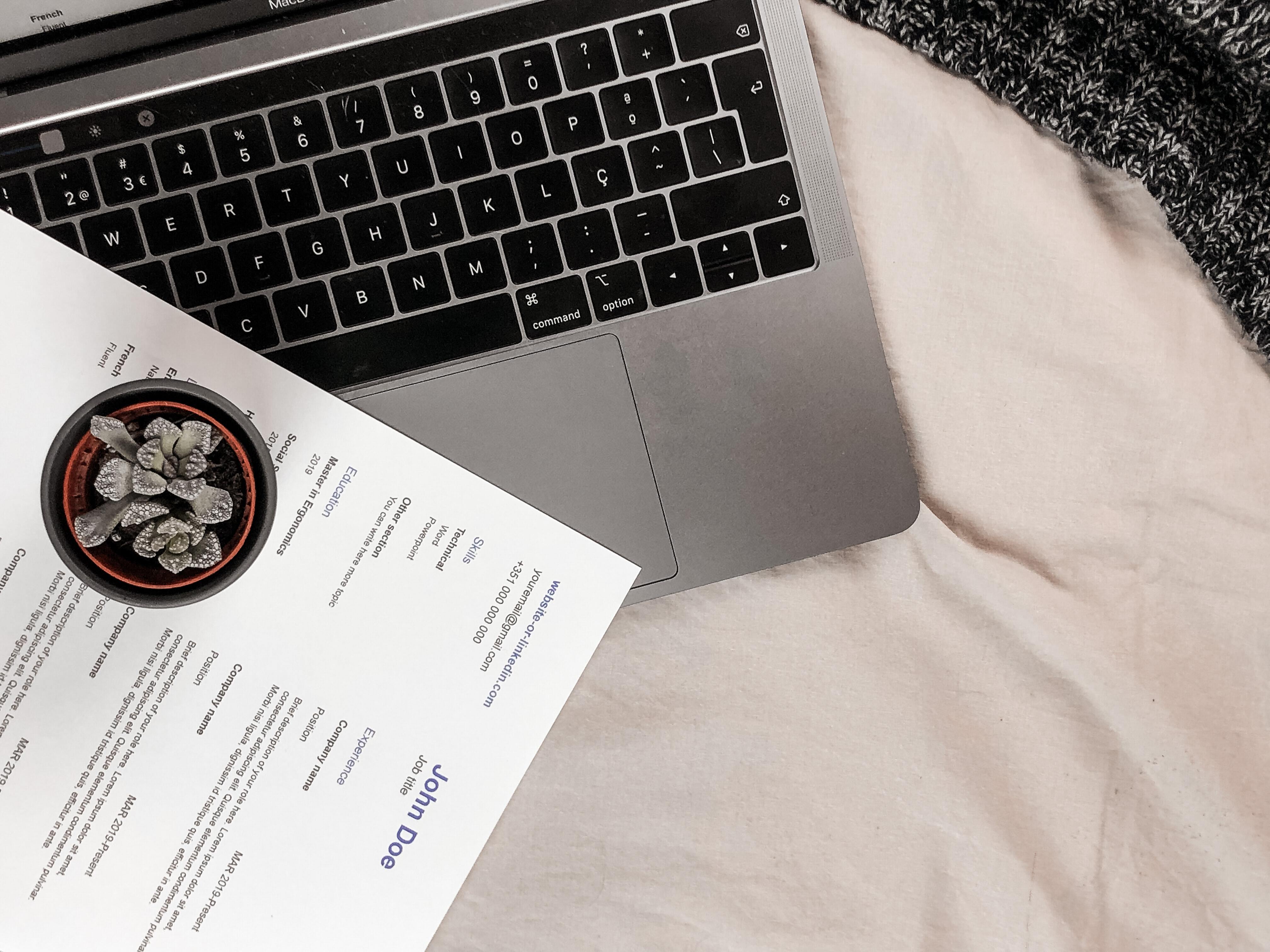
Writing a resume can sometimes be a tough and time-consuming process. Imagine having several skills, educational qualifications, and numerous work experience for year's, only to lack the knowledge of what to include in your resume. This can be devastating because you only have a limited space to squeeze in all this information.
However, this has raised multiple questions like what information must be included in a rewhere How do you write it? And what sections must be added?
A professional resume contains several vital pieces of information which include your contact information, job experience, and education. Resume provides a summary and an in-depth understanding of your qualifications, experience, and education.
Each part of the resume plays a significant role and can help improve your chances of being considered for jobs you apply for. Leaving out essential sections of your resume can prevent most potential employers from noticing that you are a perfect fit for the position they seek.
This article will walk you through the aisle of important information you should include in your resume.
The contact information should be at the top of every resume as it is one of the most essential parts of your resume. Here are the important information to add when writing your contact information in your resume:
Your contact information must stand out from the rest of your resume, so potential employers shouldn’t have to search for it.
Below your contact information comes your resume objective or statement, or summary. The Resume objectives outline your ambitions and what you aim to achieve in your career. This prominent placement is one of the first things the Human Resource manager sees when he opens your resume.
Resume Profile: A resume profile is a short fragment of your skills and experiences relating to the job you seek or office you intend to occupy.
Resume Objective: This provides your potential employers with an overview of what you aim to achieve when you get employed. However, it is advisable your objective should be relatable to the growth of the organisation and office you occupy.
Resume Summary: This is optional, it is one or two sentences that outline your top skills, experience, and achievements in the job you seek.
Your professional experience session is the spine of your resume. This session shows your supposed employer(s) what experience you have in relation to the office you want to occupy. When writing your work experience section, it is vital to impress your recruiters by listing the relevant jobs you have done in the past, from the most recent to the least recent.
Under each job title, write about 3-5 abridged bullet points that show the specific duties of each position. You should also include any significant achievements or awards received in your previous jobs.
If you have held several other positions, only include the last 10-15 years of professional experience in this session. For recent graduates, you can include internships and other summer jobs.
The Education section is another important part of your resume. This part outlines your educational background and any relevant academic achievements or awards. Include the name of the University you attended, the degrees you completed and the grades you obtained. For recent graduates, you can include your high school education.
Most hiring managers want to find candidates with diverse skills to work in their organisation. The skills session of your resume should complement the experience section. It is essential to add 5-7 relevant skills when writing your resume.
Choosing what skills to add to your resume is often challenging. You can first look at the job listing of the position you want. Most jobs mention the critical skills required for the desired position.
The skills session should be a mix of both hard and soft skills. Hard skills are learned via specific courses or jobs, such as how to operate certain equipment. Soft skills are related to one’s personality, such as your ability to work under pressure, interpersonal, leadership, communication, organisational, customer service, computer, and time management skills. You should compile a list of your skills that meet the requirements and other specific technical skills you may have.
Other sessions which can also be added to your resume to further differentiate you from others include:
Volunteer Work: This involves work you didn’t get paid for, and that’s very commendable.
Languages: This can be added to your resume, especially if your level is intermediate or higher. Certificates and Licences- you can include any training you may have received, including licensing or certification earned.
Professional Memberships: As a professional, you must belong to associations relevant to your profession.
Now that you know what to write in your resume, don't make the mistake of adding irrelevant information such as irrelevant experience, picture, unprofessional email address and references. But with all the appropriate information provided, you are a step closer to occupying the office you want.




2021 Fillmore St, San Francisco, CA 94115
© 2025 Woyage AI - All rights reserved.